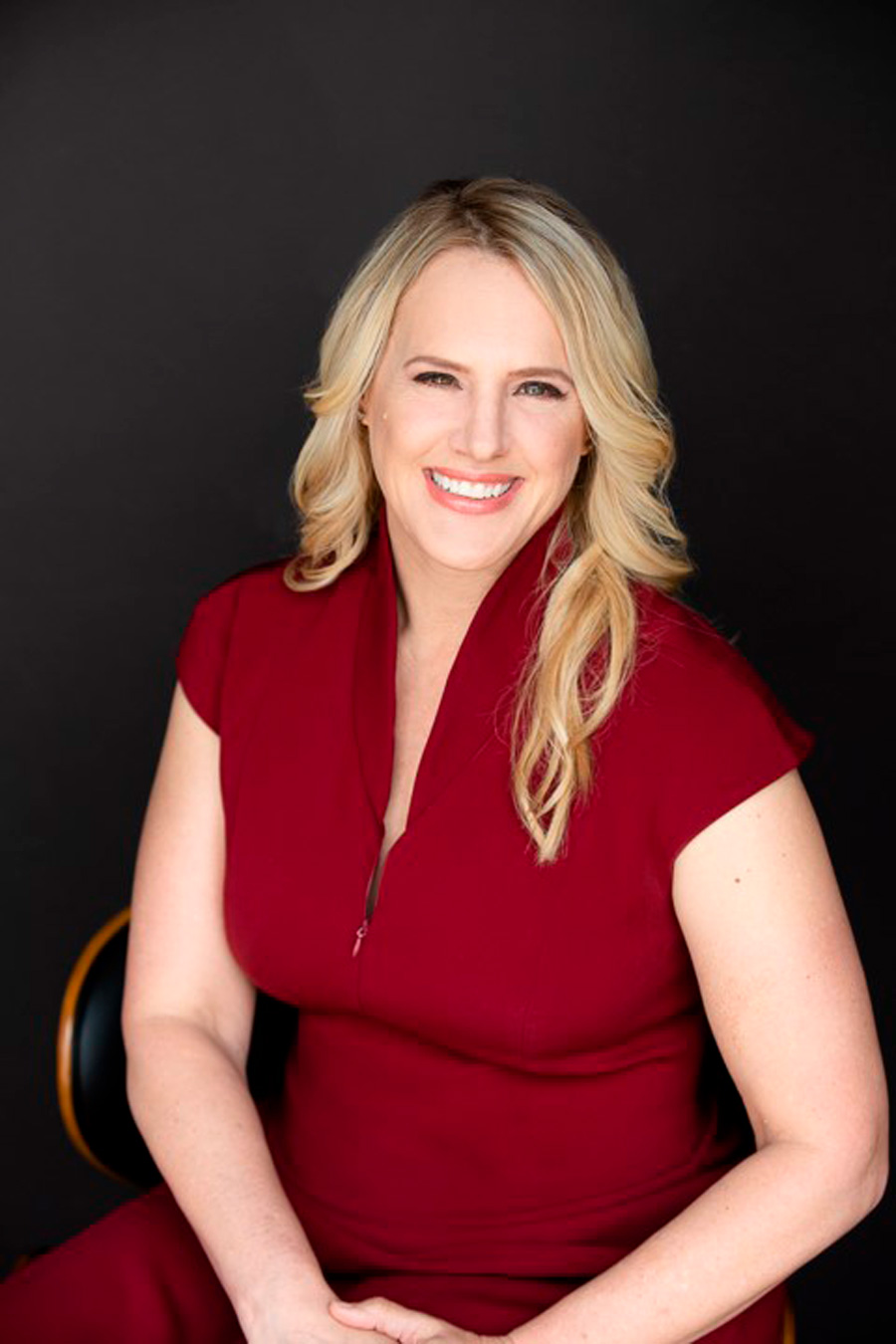
When Amy Blakely Laine ('99 M.S.) was a UNT graduate student juggling course projects, exams and deadlines, she also was juggling the duty of being a caregiver for her grandmother who was several states away.
Even with endless love and support, caregiving was difficult for her family to manage as Laine's parents also were frantically balancing the duty of raising two daughters and managing their careers.
"Family has always been my core," she says.
Laine couldn't turn a blind eye to the idea of other families experiencing the same challenges that her family faced, so she created SandwYch, an online service that aids families in taking on the difficult role of a caregiver for their loved ones.
SandwYch was inspired by Laine's parents who were the original members of the "sandwich generation," a territory of being sandwiched between taking care of parents and raising a family during the prime of one's career.
Laine, who graduated with a bachelor's in psychology from Texas A&M University, was drawn to pursue her master's degree in gerontology from UNT because it had one of the best gerontology programs at the time.
"It was competitive and very fast paced," she says. "The reason why I am so passionate about showing people what SandwYch is, what gerontology is, is because most people don't know."
Gerontology, the study of old age, is not a field many of Laine's peers were rushing into, but she saw great potential in that industry.
SandwYch helps families "age in place," she says, which means older adults can stay in their homes as they grow old. By providing families with valuable resources and insight, SandwYch prepares families in advance before their loved ones begin the aging journey.
"We support families after you leave the hospital or the clinic. We discuss the hard conversations in a safe space. We are an extension of your office support," Laine says. "We are a subscription model to support those you love."
Some of these resources and tools include subscription-based and group-based lessons that equip families with the knowledge to make informed choices and have tough conversations with confidence.
This entrepreneurial venture was supported by the late Herbert Shore ('69 Ed.D.), who provided Laine with insight on how to shape her passion and knowledge of the aging community into a service for others.
Shore also helped establish the North Texas State University Center for Studies in Aging in 1967 along with the late Hiram J. Friedsam and Cora Martin ('63). Even though Shore retired before Laine arrived at UNT, she was inspired by his extensive dedication to his work, his service to seniors, and his willingness to accept and mentor students, like Laine herself, "with open arms even after they graduated."
Just as SandwYch explains issues to hardworking and earnest caregivers, Laine says that leaning into mentors and advisors is the "secret sauce" in navigating uncharted issues of the aging journey.
In addition to receiving motivation from Shore, her family, friends and colleagues also played a role in her ability to overcome the tough challenges that entrepreneurs often face when creating a service for people.
But for Laine, someone who enjoys the process of creating and building opportunities, "each endeavor has been a building block in launching SandwYch," she says.
"Gerontechnology is a growing industry and will evolve with new technology to serve those in need," Laine says. "Older adults can adapt to technology more than we think."
Laine has even traveled with other colleagues to areas that serve aging adults, worked with other university gerontology programs, and lodged in a nursing facility to grasp the full experience and understanding of what the aging community needs.
As a granddaughter, daughter, sister and spouse, Laine understands the importance of family and communication and hopes that SandwYch will continue to support, guide and empower caregivers through a growing online community.
"The work feeds my interest in social family dynamics and nurtures my enthusiasm for technology and health care," she says. "Our work, while difficult, is perfectly placed in the emerging longevity economy."